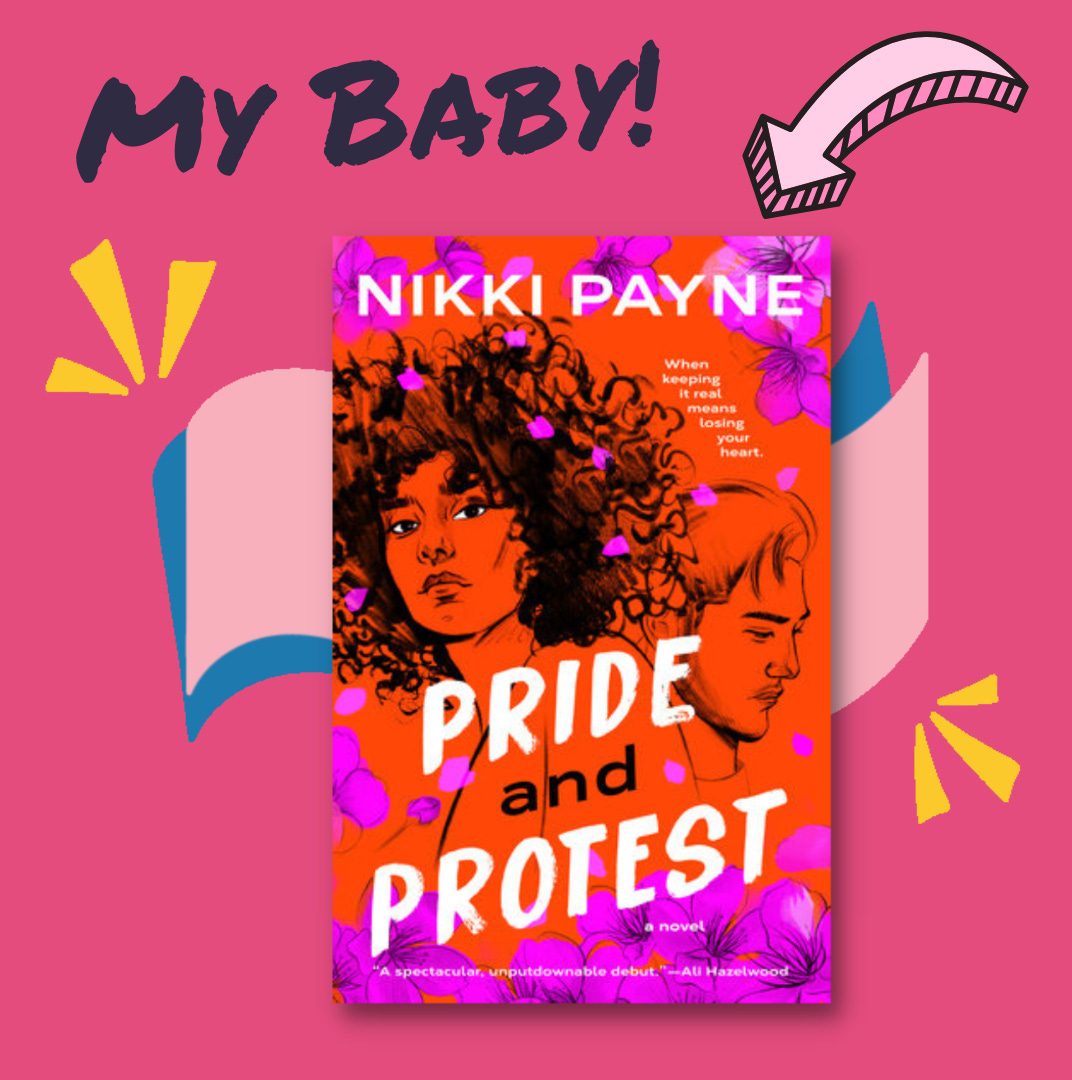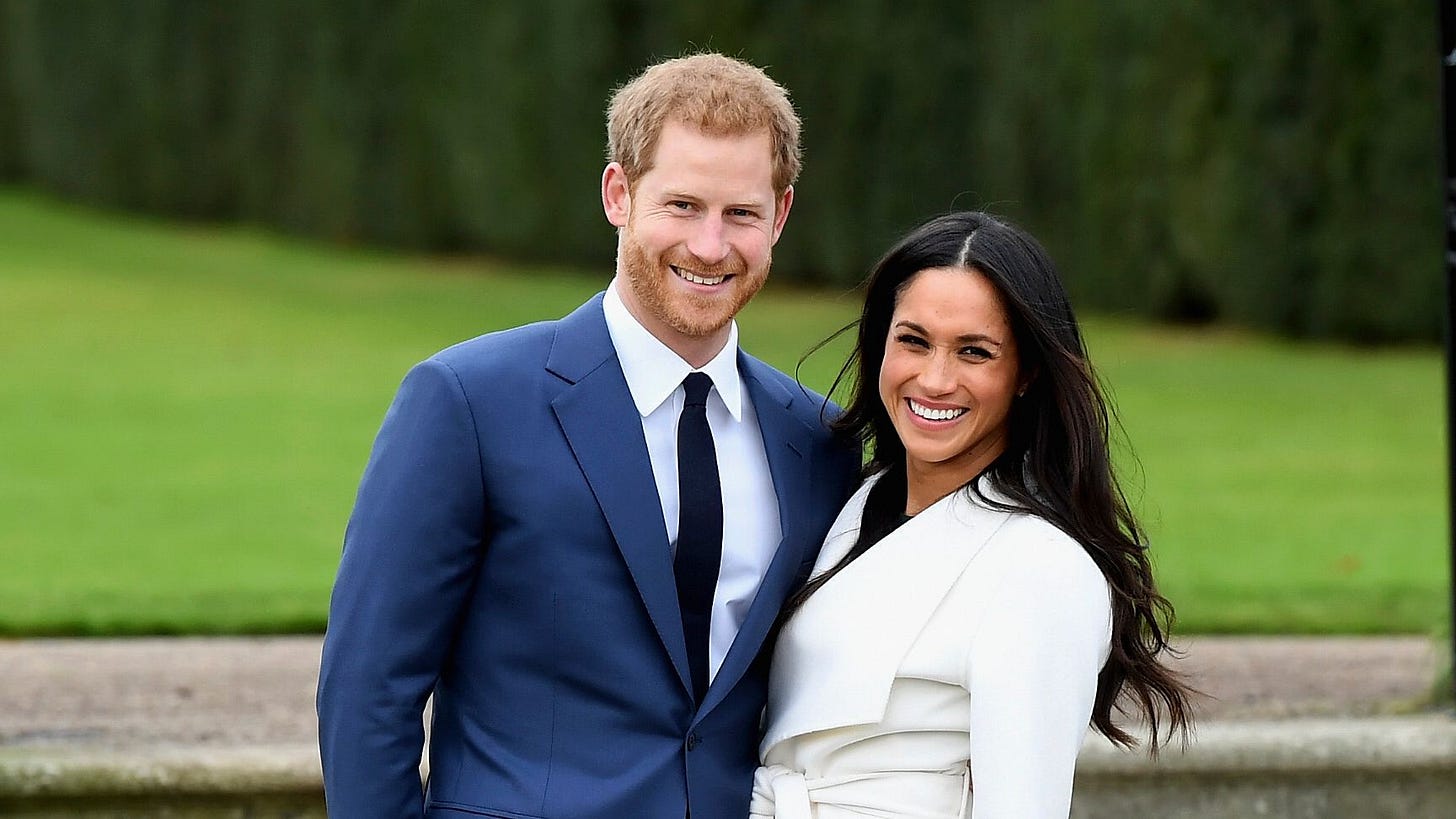Momma Don't Like Your Man... You in Danger Girl
When It’s You and Your Boo Against the World—and Your Family’s the World
So your auntie keeps asking you about that person you're seeing, your cousin is running background checks via Instagram, and your grandma somehow knows your date's entire family tree before you've even had DTR talk. Well, well, well. If it isn’t my old friend, family-based mate selection.
The Deep Need Behind Why We Let Our Family Weigh In
According to anthropologist Dr. Sarah B. Hrdy in her book "Mothers and Others" (2009), humans evolved as cooperative breeders, meaning we rely on extended family networks to raise children. This means your family's opinion on your partner is their way of controlling who will be part of that cooperative childcare network.
Dr. Hrdy writes, "Unlike other apes, humans have evolved to rely on alloparents – individuals other than the mother who help care for offspring." That's why your mama's assessment of whether your partner is reliable matters on a deep evolutionary level. She's evaluating if they'll show up when the baby has a fever at 3 AM.
Before dating apps, before sliding into DMs, before coffee shop meet-cutes, humans relied on their family networks to vet potential partners. Anthropologists call this "kin-influenced mate selection," but I call it "why your dad turns into Secret Service when you bring someone home."
Research from evolutionary anthropologist Dr. Karen Kramer shows that across cultures, families play crucial roles in mate selection because:
They have a genetic stake in your reproductive success (gross but true)
They're invested in maintaining social alliances
They've got generational wisdom about what makes a partnership work
As Dr. Kramer puts it in her 2010 study on cooperative breeding, "Families influence mate choice because they have both genetic and social investment in the outcome."
Jane Austen Been Knew: Regency Era Family Matchmaking
Speaking of family all up in your romantic business, this month marks the 20th anniversary of "Pride & Prejudice" (2005) hitting theaters, giving us this iconic hairdo andMatthew Macfadyen walking through the mist with THAT HAND.
Something that bothers me abut Pride and Predjuice and Sense and Senibility is the nightmare in-laws issue. Like, the Bingleys? You know they would be nightmare in-laws. Caroline and her sister stay talking slick about the Bennets. And Darcy’s aunt, Lady Catherine de Bourgh!! OMG if Lizzie had to see her more than once a year, there would be furniture moving at Pemberley. hands. thrown.
But beyond the romance, Austen was documenting exactly how families function as mate-selection committees. In Regency England (1811-1820), marriage was an economic system, a political arrangement, and a family business merger all rolled into one awkward ballroom dance.
The Bennets in Pride and Prejudice were engaging in what anthropologist Dr. Laura Fortunato calls "marriage strategies," or what I call "trying to make sure your kids don't fuck everybody over on the way down" Mrs. Bennet's infamous nerve attacks reflected real anxiety about her daughters' futures in a system where women couldn't inherit property. She was negotiating social position, economic stability, and the future of her entire kinship network. I would be remiss if I didn’t remind you, in Jane Austen’s 250th anniversary year, mind you, that I have a Pride and Prejudice Retelling, Pride and Protest. Here she is👇🏾
The Data on Family Disapproval: It's Not Great, Boo
Now, y'all might be thinking, "Whatever, I'm a grown adult who doesn't need my family's approval." And look, I respect your I-N-D-E-P-E-N-D-E-N-C-E. (I can only say that in Lil Boosie’s voice) But the data suggests you might want to at least consider what your people think.
A longitudinal study by Dr. Brian Willoughby and Dr. William Carroll published in the Journal of Family Psychology (2012) found that couples who had parental approval had significantly higher marital quality and stability. Their research showed that when both families approve of the relationship, couples report:
20% higher relationship satisfaction
30% lower divorce rates over a 10-year period
Less conflict over family obligations and holidays (which, let's be real, is worth its weight in gold)
Even more telling? Research by Dr. Terri Orbuch, known as "The Love Doctor" (ew, that's her actual professional nickname), found in her 31-year study of married couples that negative relationships with in-laws increased the likelihood of divorce by up to 20% for husbands and 15% for wives.
The most brutal finding comes from a 2021 study published in the Journal of Social and Personal Relationships, which found that couples who proceed with marriage despite strong family disapproval had a 45% higher rate of separation within the first five years compared to couples with family support.
As Dr. Rachel Sussman, psychotherapist and relationship expert, puts it: "Family approval isn't just about having nice holidays. It's a buffer system for when things get tough. When your car breaks down at 2 AM, are you calling your spouse's family or an Uber? That's what family support gives you – options."
Can we light candles for this Iconic-Me-Against-the-World Couple? The world needs flower sprinkles and one-pot pasta🙏🏾
Modern Romance Check: Family Still All Up In Your Business
If you think this "family vetting your relationship" business is just a historical footnote, the romance genre would like a word. Romance novels are serving up family interference realness in ways that would make Jane Austen slow clap.
"The Dating Playbook" by
In this second book of Rochon's "The Boyfriend Project" series, Taylor and Jamar try to keep their relationship professional, but their families have other ideas. Jamar's mom and Taylor's tight-knit community of friends (who function as chosen family) both take active roles in pushing these two together. Rochon brilliantly illustrates what sociologist Dr. Shirley Hill calls "fictive kinship networks" in Black communities – non-blood relationships that carry family-level influence and obligations.
"The Heart Principle" by Helen Hoang
Hoang brilliantly shows how family caregiving responsibilities and cultural expectations shape relationship choices. The tension between Anna's individual desires and her family obligations feels painfully authentic.
"Book Lovers" by
Literary agent Nora Stephens' relationship with editor Charlie Lastra doesn't just face their own obstacles—it's her sister Libby's opinions that often steer the ship.
"A Proposal They Can't Refuse" by Natalie Caña
Kamilah Vega and distillery owner Liam Kane are manipulated by their grandfathers into a fake engagement. Caña's portrayal of Puerto Rican and Irish families using emotional blackmail (and some questionable health scares) to engineer a match is hilariously spot-on.
"Before You Say I Do" by Clare Lydon
This sapphic romance shows how familial approval matters across sexuality lines.
So What's The Bottom Line?
The next time your family seems too invested in your love life, remember:
They're engaging in ancient human practices of collaborative mate selection
They're assessing potential contributions to your kinship network
In real life, Jane and Caroline Bingley would be squabbling.
If you want more families being annoying, but in an evolutionarily justified way, allow me to plug Pride and Protest.
As Dr. Helen Fisher puts it in her research on love and attachment, "Mate choice is too important to be left entirely to the young."
Sources:
Kramer, K. L. (2010). Cooperative breeding and its significance to the demographic success of humans. Annual Review of Anthropology, 39, 417-436.
Fortunato, L. (2015). Evolution of marriage systems. International Encyclopedia of the Social & Behavioral Sciences, 2(9), 611-619.
Hrdy, S. B. (2009). Mothers and Others: The Evolutionary Origins of Mutual Understanding. Harvard University Press.
Fisher, H. (2004). Why We Love: The Nature and Chemistry of Romantic Love. Henry Holt.
Payne, N. (2022). Pride and Protest. Berkley Romance.







engaging + hilarious + excellent analysis as always! if I may add one bit of scholarship, please see "my mama don't like you and she likes everyone" (Bieber et al. 2015)
So you're saying Romeo and Juliet wouldn't have made it anyway?
What if they hate their parents, but the parents love the love interest? So the support is there, but it's from a relationship that's become toxic?